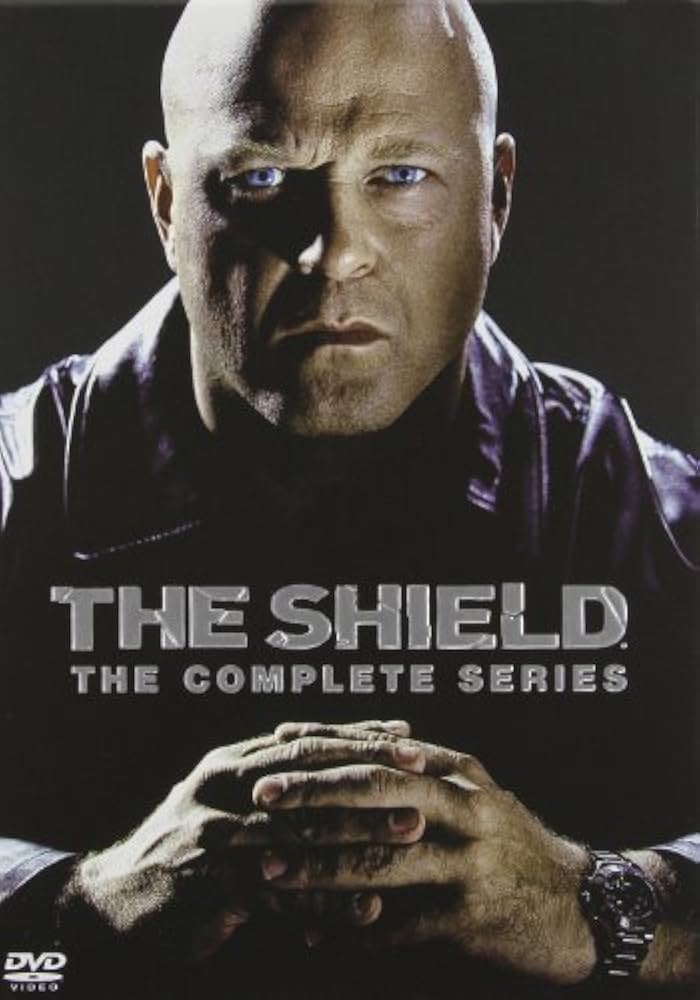
How The Shields Complex Characters Changed TV Storytelling
The world of television storytelling has undergone a significant transformation over the last couple of decades, particularly with the advent of complex characters that blur the lines between heroism and villainy. One of the pivotal influences in this shift is the critically acclaimed TV series “The Shield.” Its exploration of morally ambiguous characters has not only set the standard for future shows but has also created a space for deeper narratives that challenge the conventional notions of good and evil.
The Emergence of Complex Characters
When “The Shield” premiered in 2002, it introduced viewers to the gritty reality of law enforcement through the eyes of an anti-hero, Detective Vic Mackey. Unlike traditional heroic portrayals, Mackey's character was deeply flawed, employing unethical methods to achieve his goals. This complexity opened the door for a more nuanced form of storytelling, showcasing characters that are not purely good or evil but possess layers of morality that reflect real-life struggles. This shift is crucial in an era where audiences crave authenticity and relatable story arcs.
Shattering Stereotypes
The complexity of characters in “The Shield” extended beyond just Mackey. The series presented a wide range of characters, each with their struggles and motivations, which challenged stereotypical depictions of law enforcement and antagonists. Characters like Detective Shane Vendrell and Captain David Aceveda showcased the challenges of power and loyalty in ways that made viewers reconsider their perceptions. This multifaceted approach encouraged other series to adopt similar character development strategies, resulting in richer, more engaging narratives that resonate with audiences on a personal level.
The Impact on Future Television Series
“The Shield” has undeniably influenced the television landscape by paving the way for numerous series that embraced complex storytelling. Shows like “Breaking Bad,” “The Sopranos,” and “Fargo” owe much of their success to the groundwork laid by “The Shield.” These series have elevated the anti-hero genre, allowing for a proliferation of morally ambiguous protagonists. They engage viewers by making them emotionally invested in characters who challenge their ethical boundaries, promoting critical discussions about morality and justice.
The Shield Shop: A Cultural Phenomenon
The impact of “The Shield” extends beyond its immediate storytelling and character development; it has also given rise to cultural phenomena such as “The Shield Shop.” This marketplace celebrates the legacy of the show through various merchandise, ranging from apparel to collectibles, popular among avid fans. By engaging with this community, viewers can express their admiration for the series and contribute to the ongoing conversation about its influence on modern TV. The Shield Shop serves as a testament to the lasting impressions complex characters have left on audiences and the broader culture surrounding television narratives.
A Legacy of Complexity
As TV storytelling continues to evolve, the legacy of “The Shield” remains relevant. The series has taught creators and viewers the significance of character complexity and the power of moral ambiguity in storytelling. By questioning traditional narratives and embracing deeper character arcs, modern television has been able to engage audiences more profoundly and reflect the intricacies of human nature. The influence of show’s characters will undoubtedly inspire a new generation of storytellers, ensuring that the legacy continues to shape the future of television for years to come.
.png)








